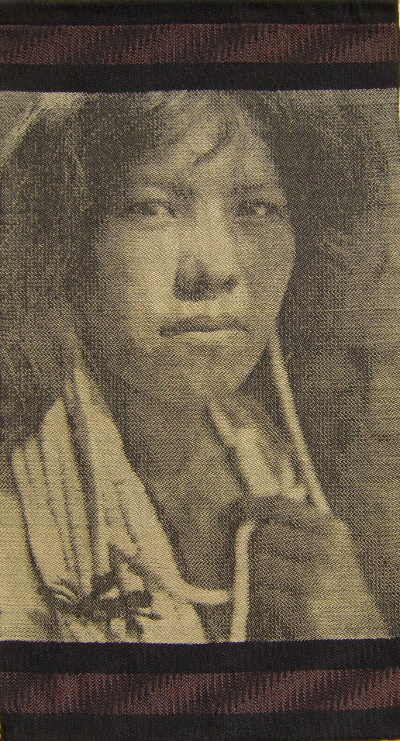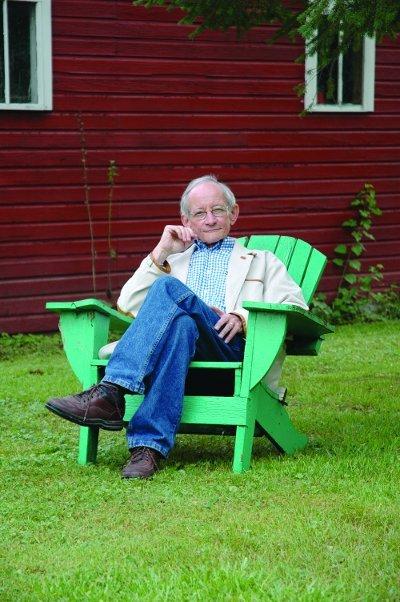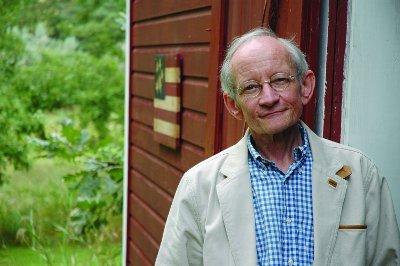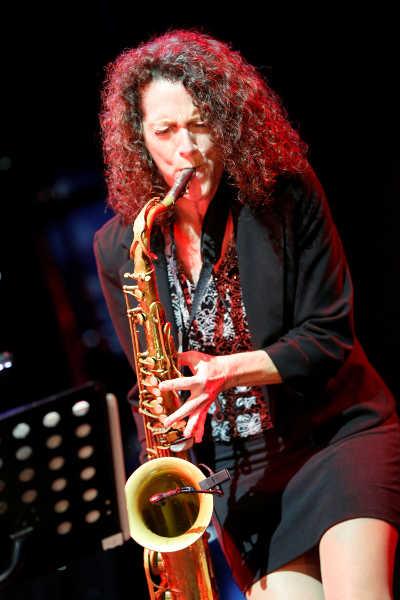- Tim Riley
- Posted On
TCM Classic Film Festival shines with film noir and comedy
“You can’t have it all unless you’ve been cloned.” That’s not the motto of the TCM Classic Film Festival, but it would be the only practical way to enjoy too many great movies during the short span of the long weekend that just occurred in the film capital of Hollywood.
Now in its sixth year, and thriving as the mecca for cinema devotees, the TCM Festival typically offers five or six films at a time and the occasional panel discussion that overlap during the course of a day that approximately runs from 9 a.m. to midnight.
The definition of a classic film ranges the gamut of popular culture. From the opening night ceremony associated with the screening of the 50th anniversary edition of “The Sound of Music” to a mix of classics like “Roman Holiday” and “Inherit the Wind,” TCM offers something for everyone.
Being selective and willing to endure the daily slog is the only hope for enjoying old favorites and discovering the wonders of films rarely seen. One such find on opening night, in a brilliant stroke of counter-programming to “The Sound of Music,” was the film noir classic “Too Late for Tears.”
Not familiar with the film lovingly restored only last year by Eddie Muller’s Film Noir Foundation? Well, neither was I, though star Lizabeth Scott, the ultimate femme fatale, should be widely known as a leading lady of the genre in the late 1940s and early 1950s.
Arguably, Scott, the sultry blonde with a husky voice, was at the top of her game as a duplicitous schemer in “Too Late for Tears,” feverishly manipulating her husband (Arthur Kennedy) when they discover a suitcase full of stolen loot. Then, homicidal complications set in a when a grifter (Dan Duryea) comes looking for the cash.
Another great discovery was “Don’t Bet on Women,” a sophisticated comedy from 1931 in which Jeanette MacDonald had her only non-singing role, here the neglected wife of Roland Young’s judge. Disillusioned playboy Edmund Lowe bets the judge he can get the next woman to enter the room to kiss him within 48 hours.
You’ve probably guessed the identity of the unwitting subject of this bet. In short order, MacDonald figures out what is going on, and takes the whole affair into her own hands, displaying under-appreciated comedic talent to trip up the designs of her husband and the playboy.
What “Don’t Bet on Women” and “Too Late for Tears” both have in common is sharp dialogue and brilliant witticisms.
More comedy genius was on display with screenings of vintage films starring W.C. Fields and Buster Keaton.
At the screening of “The Bank Dick,” hailed as one of the funniest of his career, Fields’ grandsons Ron and Allen Fields engaged the audience in a discussion of their mission to keep his brand of humor alive.
Having been born in Philadelphia, Fields always disparaged his hometown. The grandsons revealed that the true line he claimed to wish for his tombstone was, in fact, “I’d rather be in Philadelphia.” Instead, his graveyard is marked with only the dates of birth and death.
Actress Illeana Douglas, also participating, observed that W.C. Fields had a disdain for moral authority. He also didn’t care much for children and dogs. His inspired brand of misanthropic comedy made him an unlikely star during Hollywood’s glamour days.
In “The Bank Dick” Fields’ inveterate tippler kept stumbling into jobs, first as a movie director and then as a bank’s security guard. The grandsons confirmed that Fields constantly improvised and did not follow the script, much to the consternation and dismay of studio executives.
Another great gem at the TCM Festival was the brilliant staging of Buster Keaton’s silent film comedy “Steamboat Bill, Jr.,” featuring a live orchestra conducted by legendary silent film composer Carl Davis in a world premiere performance of his new score.
A great score adds much to a film’s appeal, and yet Buster Keaton, starring as in the inept son of a paddle steamer in love with the daughter of his father’s wealthy business rival, delivered of one of his funniest and most elaborate slapstick comedies.
“Steamboat Bill, Jr.” allows Keaton to transition from subtle pantomime in early scenes to manic slapstick for the film’s climax, where a cyclone includes the iconic image of Keaton doggedly trying to walk against wind that won’t let him move at all.
The screening of old favorite “The French Connection” was worthwhile, not just to see it on the big screen, but for the discussion that followed with director William Friedkin, as he was interviewed by Alec Baldwin.
The director spoke at great length about the making of the film, including the famous white-knuckle chase scene.
Though it would be hard to imagine this film not starring Gene Hackman, Friedkin revealed that Jackie Gleason was the first choice, who was rejected by studio chief Dick Zanuck. Peter Boyle was then offered the part, but he wanted to do romantic comedies.
Friedkin admitted that Hackman was never one of his choices for the role of hard-nosed detective Popeye Doyle.
The spectacular chase scene, with Hackman chasing an above-ground runaway subway, was filmed mostly without permits, according to Friedkin, who said the production hired some off-duty cops and had the help of the original NYPD narcotics detectives Eddie Egan and Sonny Grosso.
With a small budget, “The French Connection” had to be filmed entirely on location, and with no constructed sets.
The result is a documentary-style crime film, capturing the gritty streets of New York in 1971, that remains to this day one of the very best police dramas. In a manner of fashion, it’s almost like a film noir of the period.
The TCM Classic Film Festival is now firmly set as a first-rate film lover’s experience, and one should plan now for the seventh one next spring.
Tim Riley writes film and television reviews for Lake County News.











